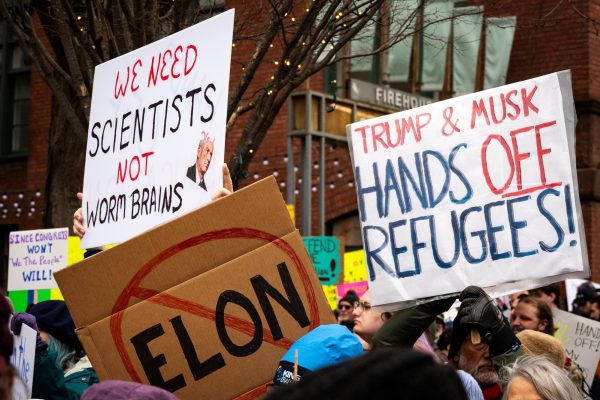UVM study reveals race effects whether a mental health counselor will follow up with a patient
Mental health professionals may be more likely to take on new white patients than black patients according to a new study.
The study, conducted by UVM researchers, found racial bias in mental health services. Professor Lance Smith lead the team.
“We noticed that ‘Lakisha’ was more likely to receive a message to the extent of, ‘I’m sorry, I wish I could take you, but my caseload is full,'” Smith said in a Nov. 18 interview with VPR.
Smith and his colleagues found the subjects were more likely to offer a second appointment in returned messages to callers named ‘Allison,’ a name typically associated with white women, than to callers named ‘Lakisha,’ a name associated with black women.
‘Allison’ received responses from counselors looking to follow-up 63 percent of the time whereas ‘Lakisha’ received these responses only 51 percent of the time, the study states.
The study illustrates a gap in the way treatment is given and mental health professionals need to address this implicit racial bias in the field, Smith said.
The study sought to shift thinking away from why black communities “fail” to seek mental health services to how counselors and psychologists may block patients from receiving care, according to a University Press Release.
The study will will be published in The Counseling Psychologist, a publication focused on cultural competency within counseling.
This article has been updated since it was originally published on Nov. 19.






